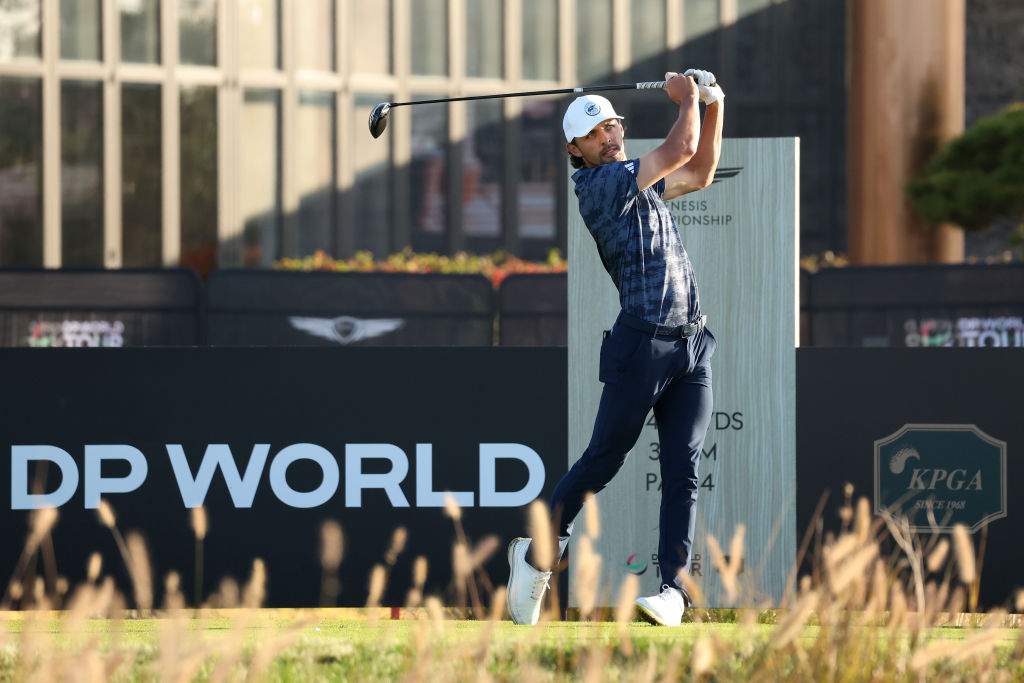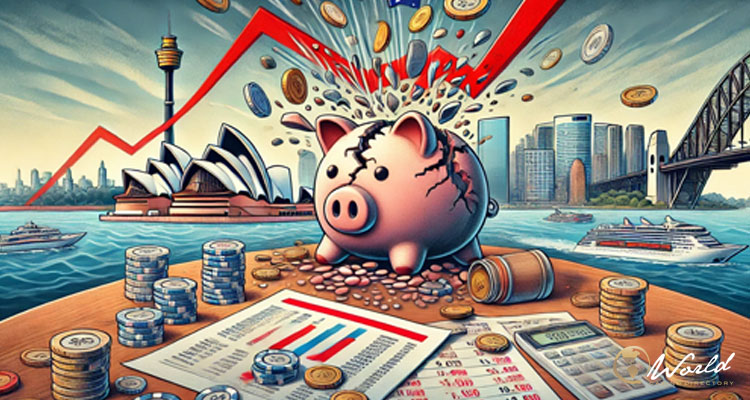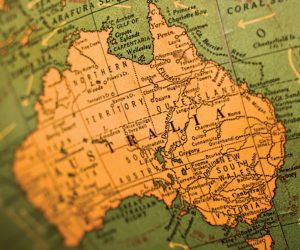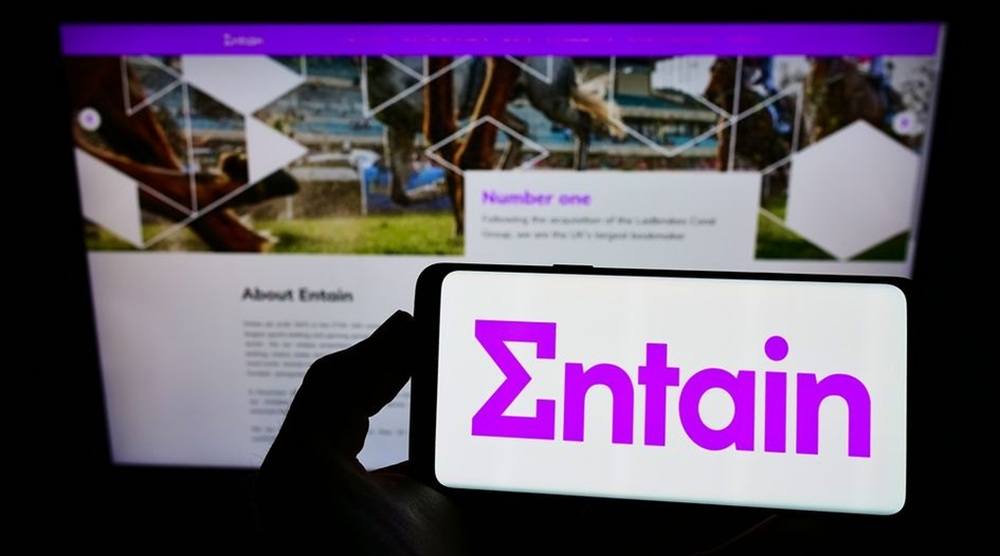Will Australia’s free-to-air TV really be in ‘diabolical trouble’ without gambling ad revenue?

- by Admin
- August 16, 2024

If you watch free-to-air television in the evenings, it’s near impossible to avoid the relentless wave of gambling ads, the majority spruiking online gambling platforms. According to broadcasting authorities, gambling ad spots on free-to-air TV peak between 7pm and 10 pm, when 22% of the promotions will air.
Between May 2022 and April 2023, more than half a million (504,100) gambling ads aired on metro TV. Of those, 51% advertised online gambling companies; 20% were for lotteries; and 17% for lottos.
The damage gambling addiction causes is well documented. The devastating social harm often ripples out from the problem gambler, affects their family and spreads into the wider community.
Last year a total ban was proposed by a bipartisan committee inquiry chaired by the late Labor MP Peta Murphy, but the Labor government looks set to water down that proposal, and respond with a partial ban.
What do the TV networks say?
Australian television networks have told the government they are so dependent on advertising revenues from gambling advertisers they need it to stay ahead.
Without it, networks Ten, Nine and Seven say they may have to rethink if they can continue to fund local news bulletins. That was just one of the extravagant claims made this week by the media companies and the Albanese government. Banning all gambling ads, as recommended by the Murphy inquiry, would leave the free-to-air TV industry unsustainable, they argued.
Bill Shorten went as far as to say the broadcasters are in “diabolical trouble” and needed gambling ad revenue “just to stay afloat”.
How much money do broadcasters make from advertising overall?
Figures out this week show the total TV advertising market, which includes all metropolitan free-to-air, regional free-to-air and catchup TV, recorded revenue of $3.3bn for the 2024 financial year.
Down by more than $250m from the previous financial year, the $3.3bn is shared between Seven, Nine and Ten and affiliates.
No available figures show how much each network makes individually.
Free-to-air is being challenged by streaming services like Netflix and a depressed advertising market. Shorten is not wrong when he says the networks are in “diabolical trouble”; on Wednesday, Seven West Media reported a 69% fall in profits.
But it’s not all bad. Nine Entertainment reported it had generated healthy advertising revenue for the Paris Olympic Games, pulling in a cool $160m across the two weeks.
Still, the advertising market is down 8.1% compared to the same period last year.
How big a slice of the $3.3bn pie is from gambling ads?
The Australian Communications and Media Authority puts the figure at $162m, which is arguably not a significant chunk of $3.3bn.
after newsletter promotion
But the commercial TV lobby, Free TV, doesn’t accept the Acma figure. It argues the real number is closer to $200m.
“At a time of increasing pressure on commercial television broadcasters, who have to fund all of their operations through advertising revenue, that’s what we’re required to do under our legislation, every dollar matters,” the chief executive of Free TV, Bridget Fair, told ABC Radio.
“What the conversation we want to have is: how are we going to make sure that the sector is sustainable, so that every Australian can keep watching the Olympics, like we’ve just been doing for the last two and a half weeks?”
What do gambling opponents say?
Charles Livingstone, an associate professor at Monash University, says a partial ban on gambling ads is not adequate.
“Broadcast media and sporting codes claim an ad ban would deny them needed revenue,” Livingstone says. “But the cost of this concession to vested interests is continuing damage to families and communities.”
The Green senator Sarah Hanson-Young says Australia can support sport and public interest journalism without gambling advertising.
In June 2023 the Guardian announced it would no longer accept gambling advertising across all of its global platforms.
Hanson-Young says: “Experts have told us we need to ban gambling advertising, like tobacco ads.
“Labor will be tested on this question in the senate when Greens amendments for a full gambling ad ban in line with the Peta Murphy recommendations are voted on.”
The Latest News
-
December 23, 2024Wimbledon champion accepts ban for anti-doping breach just months after winning US Open
-
December 23, 2024Australian tennis star Purcell takes voluntary suspension over anti-doping breach
-
December 23, 2024Max Purcell to miss Australian Open after accepting ban for anti-doping breach
-
December 23, 2024Australian tennis star Purcell provisionally suspended for doping
-
December 23, 2024Star batter misses optional Aussie session; MCG curator rejects anti-India ‘conspiracy’ — Test Daily





